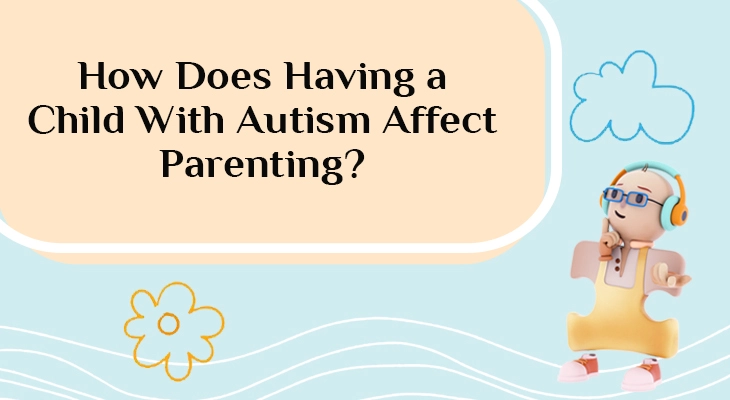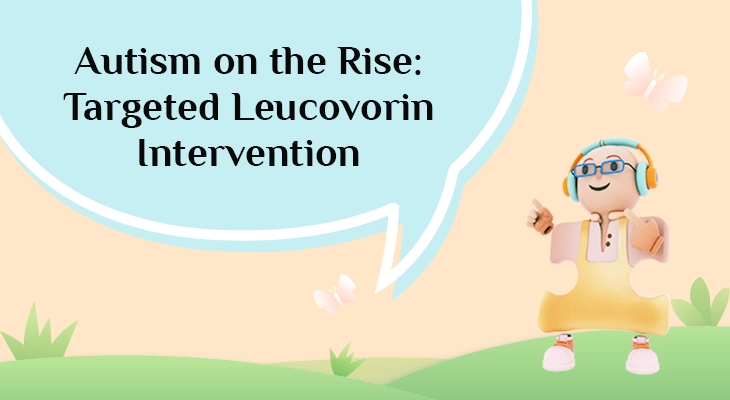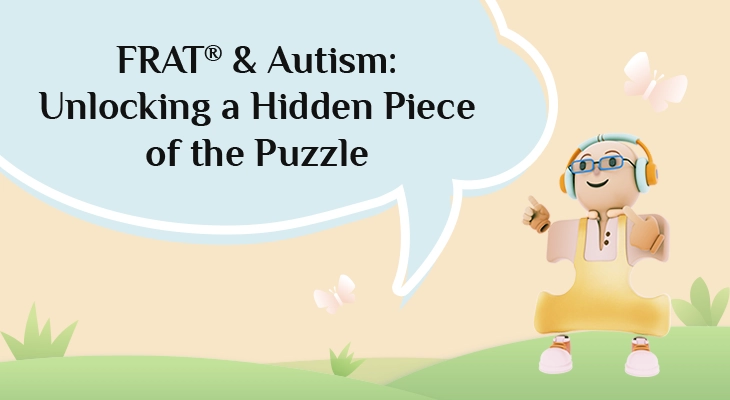
Parenting – a labor of love. That is for certain!
As a parent you want the best for your child. You do the best for your child. That is just our innate nature as a parent. There are tremendous joys, but there are times of frustration and angst. This is all a part of being a parent. Now, what may it be like to parent a child with autism? Is there a difference?
I don’t know if there really is a definitive answer for that. As a parent, we understand that all children have different needs with varying abilities and varying disabilities (if you want to call them that, but its probably more appropriate to refer to them as unique abilities than anything else).
Ultimately, raising a child with autism can be both challenging and rewarding, just like any other child. You will certainly experience all ends of spectrum as any parent, in general, will tell you. There are some practical tips and guidance to keep in mind that may help you navigate this parenting journey:
Understanding and Acceptance
- Educate Yourself: You have probably done this part already, but continue to learn as much as you can about autism. This will be a continuous endeavor, but parenting always involves learning as much as we can about our children.
- Accept and Celebrate Differences: Embrace your child’s unique qualities and strengths. Focus on their abilities rather than limitations. This should be a primary focus. Every child is beautiful and a wonderous creation! There are no exceptions to this, so just remind yourself of this point every day.
Building a Support System
- Seek Support: Parenting is tough across the board. We all need support of some sort. With this in mind, connect with other parents of autistic children through support groups, online forums, or local organizations. Sharing experiences and advice can be incredibly helpful. And this works both ways. Other parents will learn from you because you will have also surely have valuable insight! Sharing is caring.
- Involve Family and Friends: Educate your family and friends about autism and encourage them to be supportive and understanding. We are all in this together, and as the old cliché goes – “it takes a village”. And it really does!
Therapy and Interventions
- Early Intervention: Early intervention can make a significant difference. Look into therapies such as Applied Behavior Analysis (ABA), speech therapy, occupational therapy, and social skills training.
- Tailored Approach: Each child with autism is unique, so what works for one child may not work for another. Be open to trying different therapies and approaches to see what suits your child best. A lot of this will be trial and error, but that is okay.
Communication
- Use Visual Aids: Many autistic children respond well to visual aids, such as picture schedules or communication boards, which can help them understand and communicate more effectively.
- Be Patient: Communication can be challenging. Be patient, give your child time to respond, and use clear, simple language. This make take some time, but you will become an expert!
Daily Routines and Structure
- Establish Routines: Consistent routines can provide a sense of security and predictability for your child. Try to maintain a regular schedule for meals, sleep, and activities.
- Prepare for Changes: Sudden changes can be difficult. Prepare your child for transitions by using visual schedules, countdowns, or social stories.
Behavior Management
- Positive Reinforcement: Reward positive behaviors with praise, or other preferred items to encourage good behavior.
- Understand Triggers: Identify and understand triggers for challenging behaviors and work on strategies to manage or avoid them. This may also take some time, but you will develop an intuition that will certainly help you with this.
Self-Care for Parents
- Take Breaks: It’s important to take care of yourself. Ensure you have time for relaxation and activities you enjoy. This is very important. Parenting can be and is overwhelming. Rest and respite care is absolutely needed. Taking care of yourself is, in essence, the same as taking care of your child. Don’t neglect this part!
- Seek Professional Help: If you’re feeling overwhelmed, consider seeking help from a therapist or counselor who can provide support and coping strategies. This certainly helps and there is no shame in reaching out for help!
Education and Advocacy
- Work with Educators: Collaborate with your child’s teachers and school to ensure they receive appropriate support and accommodations. These professionals are there to help you and your child and they can be your biggest advocates.
- Be an advocate yourself: Advocate for your child’s needs in educational settings, healthcare, and the community.
Celebrating Progress
- Celebrate Achievements: No matter how small, celebrate your child’s progress and milestones. There is so much joy in this – for you, your child and for others! Always remember that positive reinforcement can boost their confidence and motivation.
- Be Patient: Progress may be slow and steady, but there will be progress. Don’t think otherwise. It may be frustrating, and you may not deem it as progress, but it will be there. Patience and perseverance are key. It may not go as fast as you would like, or on your schedule, but that is ok.
Remember, every child with autism is unique, and there is no one-size-fits-all approach. Trust your instincts, be flexible, and seek out resources and support as needed. You’re doing an incredible job by being there for your child and supporting their growth and development.



